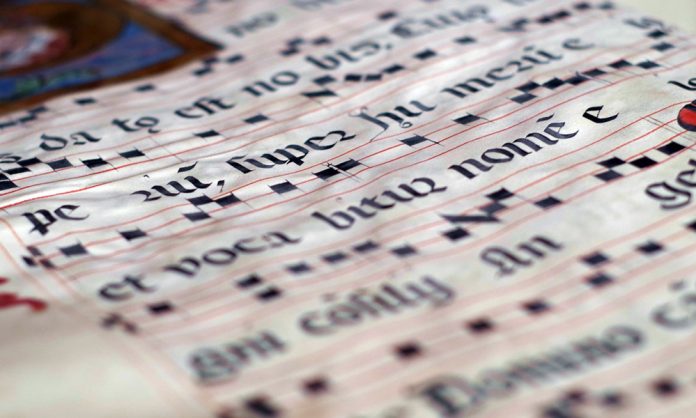I WAS EXCITED when Mr. Monjo gave me a manuscript to edit all by myself. It was about a girl and her family coming to live on the Lower East Side in the early 1900s. Mr. Monjo was hoping this would Coward, McCann’s answer to Sydney Taylor’s popular All-of-a-Kind Family, but that was a very private sentiment. The belief of the time–so unlike today’s–was “comparisons are odious.”
I’d been reading Scott Berg’s best-selling biography of editor Maxwell Perkins with envy and admiration. He’d discovered such ground-breaking authors as F. Scott Fitzgerald and Ernest Hemingway. Among other feats, this behind-the-scenes literary genius had helped cut roughly sixty thousand words from Thomas Wolfe’s masterpiece Look Homeward, Angel. I was hardly alone in seeing the self-effacing Perkins as a role model.
So I dove into editing my first manuscript with everything I had, catching typos, suggesting various things, finding an illustrator, and even thinking up the title!
After it was published, the author won an award and was invited to give a speech. I wanted to be a credit to the Max Perkins tradition, so I ardently hoped she wouldn’t give me too much credit when she accepted the award.
I read her remarks with shyly averted eyes that became ever more focused as they searched for my name. Despite my best wishes to be modest, I was quite taken aback to only be thanked for “picking the illustrator.” Upon reflection, I suddenly deeply understood that it was her book, that her name was on it, and that, in fact, without her story my help wouldn’t have happened.
Through decades and even today, the model of the behind-the-scenes editor prevails for all sorts of reasons. Only the rising clamor about pricing e-books–they should be cheap because there’s no paper involved–and the excitement about self-published books makes me feel it may be necessary to “sell editing” (not to mention the other vital and unseen components of the traditional publishing process.)
That won’t be easy. And, as I also see amongst my colleagues, it goes against the nature of an editor, the ingrained Perkins’ ideal, and the very special nature of the author-editor relationship to tout our own worth.








